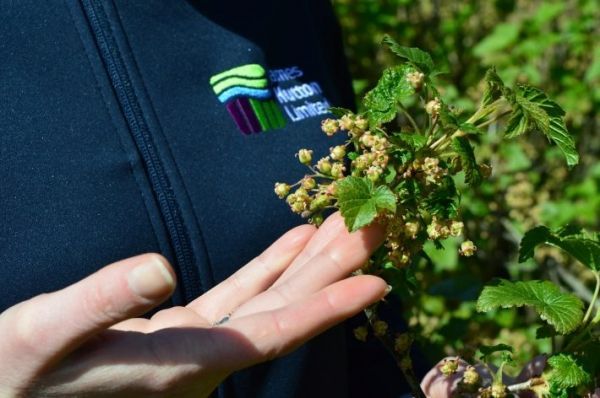Warmer winters may not provide sufficient chilling for blackcurrants in the UK, delaying the start of the growing season and resulting in reduced yields and lower fruit quality, researchers have found.
Like many fruit crops and woody plants, blackcurrants require a period of chilling before they start to grow in spring. This reduces the risk of frost damage to new buds and ensures that buds burst rapidly in the spring and flower together, when pollinators are abundant.
Speaking at the British Ecological Society’s annual meeting in Birmingham today, a research group based at the James Hutton Institute* highlights that milder winters may cause blackcurrant crops to flower later in the year, produce fewer fruit, and over repeated years, have a reduced plant lifespan. A key crop worth about £10 million a year to the UK economy, blackcurrants are primarily processed as an ingredient and juice for major brands like Ribena (brand value at £140 million).
Understanding how different blackcurrant varieties may respond to climate change is critical to farmers. About 35% of the crop currently grown is known to require 1,800 hours of chilling below 7°C. Some varieties, however, need far lower temperatures and others can tolerate warmer temperatures as long as the chilling lasts longer.
Continue reading at British Ecological Society
Image via James Hutton Institute


